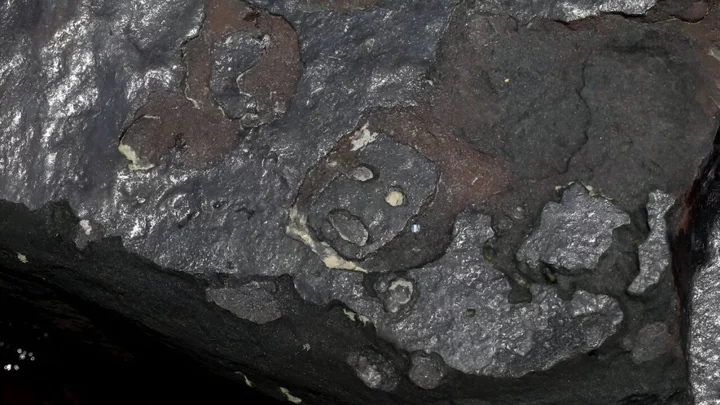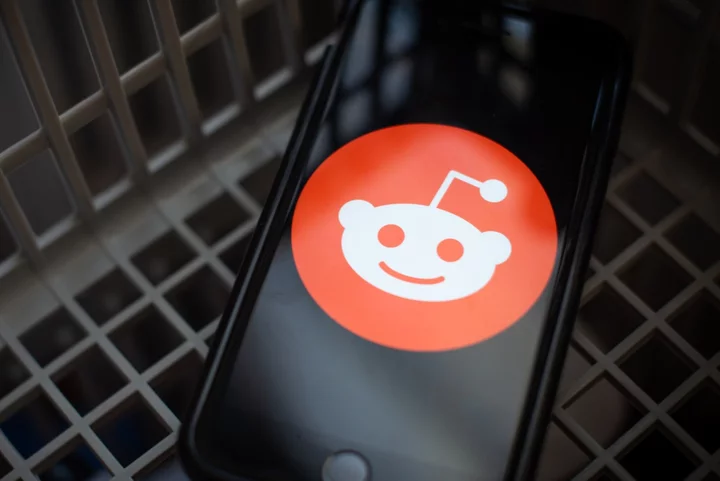An effort to pull planet-warming pollution from the atmosphere backed by Stripe, Google and other prominent companies has sealed one of the biggest carbon-removal deals on record.
Charm Industrial, a carbon-removal startup based in San Francisco, will receive $53 million to remove 112,000 tons of carbon between 2024 and 2030. The deal marks the first offtake agreement by Frontier, a coalition backed by the tech companies that aims to spend nearly $1 billion on permanent carbon removals.
Frontier represents a growing array of major companies including McKinsey, JPMorgan and H&M. The purchase represents a major step forward for the carbon-removal industry, which relies on emerging technology and remains a fledgling market. The offtake agreement with Charm — which is a legally binding contract to buy future tons of carbon removal at a set price — signals that the startup and the carbon-removal industry at large are starting to ramp up.
“Over the past three years, Charm has gone from concept to delivering thousands of tons in a relatively short period of time, which is a demonstration of great execution. This team is moving very quickly,” said Nan Ransohoff, who heads Frontier and also serves as the top climate executive at digital-payments company Stripe.
Founded in 2018, Charm is one of the first carbon removal startups to have successfully stored carbon dioxide permanently underground. It pioneered a unique way to remove and store carbon by taking waste biomass, transforming it into bio-oil, and injecting it deep underground where it’s stored permanently.
So far, Charm has removed more than 6,000 tons of CO2. The Frontier agreement will require the company to rapidly scale up its solution.
The company has had its share of growing pains since launching its bio-oil sequestration efforts. While it removed thousands of tons of CO2 in 2021, that number ticked down significantly in 2022. Reinhardt said he expects removals to ramp back up to the thousands of tons this year as the company has rebuilt its supply chain and made changes to its processes.
He said that most of bio-oil the company has sequestered so far has been purchased rather than created using it own technology. Still, he is confident that Charm will be able to successfully scale up its process drastically to meet the demands of the Frontier deal. To get there, Charm will have to build and upgrade around 10 new machines that transform waste biomass into bio-oil — known as pyrolyzers — as well as deploy mobile facilities. “We’ll start doing some of that this year. But the pace of movement between sites will probably pick up over the years to come,” he said.
For startups like Charm, the investment from Frontier is worth more than just the contract itself. There are a growing number of would-be buyers of carbon removal services, but many don’t have the time or resources to properly vet the range of startups selling them. The carbon-removal purchases are a part of an unregulated and voluntary carbon market. Frontier, though, has a team of more than 50 scientists and technical reviewers, helping the young industry gain traction.
“It helps quite a bit with fundraising, and it shows that there’s a lot of demand,” Charm co-founder and chief executive officer Peter Reinhardt said. “It shows that the most rigorous buyer in the space combed through everything, believes in what we’re doing and has validated our scientific perspective.”
At $53 million, Reinhardt said the deal “dwarfs” all of Charm’s other removal contracts. The price will cover the costs of removing and storing CO2 as well as measuring, reporting and verifying to ensure that it’s done correctly. Frontier’s purchase will average roughly $470 per ton over the course of the contract, but the price per given ton will depend on a number of factors, including the possibility of expanded government incentives and Charm’s scaling plan.
Ransohoff said one of the appeals of Charm is its potential to remove CO2 at a much lower cost of $100 per ton. That’s the price at which many experts believe the technology will need to reach to become economically feasible at scale. The world’s race to net zero may require removing billions of tons of CO2 a year by mid-century. The industry currently removes a few thousand tons, and that’s what makes deals done now so crucial for ensuring the industry has the runway to scale.
Today, Charm customers start paying for removals at $600 per ton, Reinhardt said. Conservatively, he expects the price to drop to $100 per ton by 2040.
Up until this deal, Frontier had committed only $500,000 in pre-purchase agreements with early-stage startups. Although the funding amounts are smaller, these agreements give removal suppliers funds upfront with the hope that it will fast-track technological development.
“These are really early companies that are just getting started. And candidly, some of them are going to deliver tons, and some of them won’t, and that’s okay,” Ransohoff said of those deals. She expects the bulk of the tons removed to come from Frontier’s offtake funding track, which is expected to make several more deals later this year. Each will likely be in the tens of millions of dollars.
Frontier is not alone in the race to commercialize carbon removal. Last year, in a separate initiative called the First Movers Coalition, Microsoft and Salesforce pledged to spend $300 million on removal services.
Earlier this week Microsoft announced that it had agreed to purchase 2.76 million tons of carbon removal credits from Danish utility company Orsted A/S. The deal will be for carbon captured at the smokestacks of two plants burning biomass and stored under the North Sea over the next 11 years. Because the trees captured carbon dioxide from the air as they grew, Microsoft is counting the the overall process to be carbon removal. How effective that project is will depend on rigorous accounting as previous analyses have found CO2 emissions from cutting down and transporting trees can often be higher than the CO2 trapped by the trees alone.
--With assistance from Akshat Rathi.
(Adds new details about Charm’s plans to scale in paragraphs seven and eight.)









